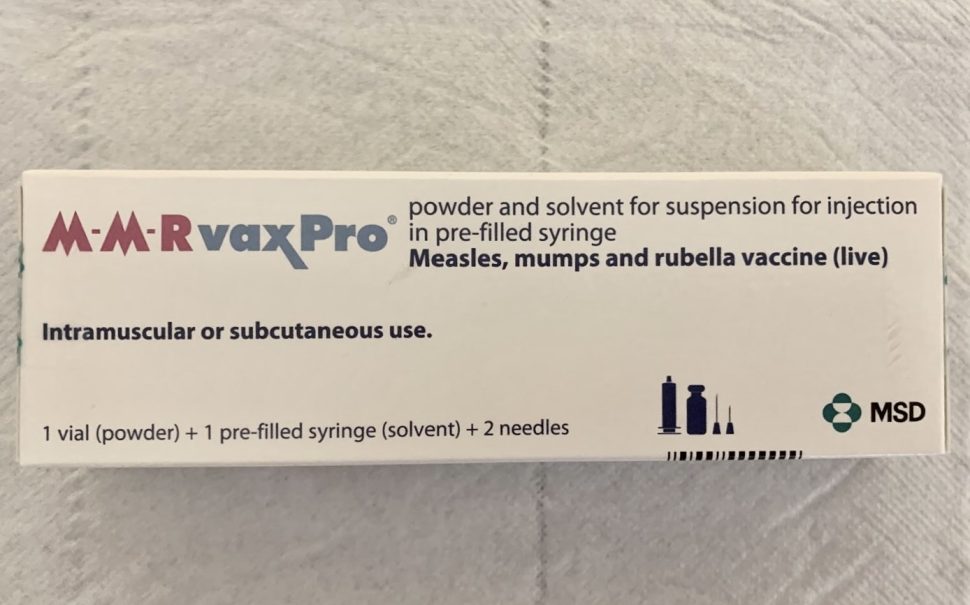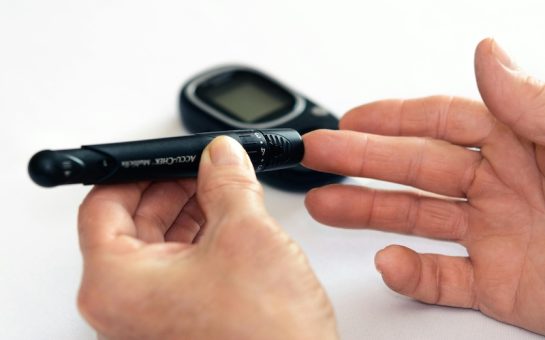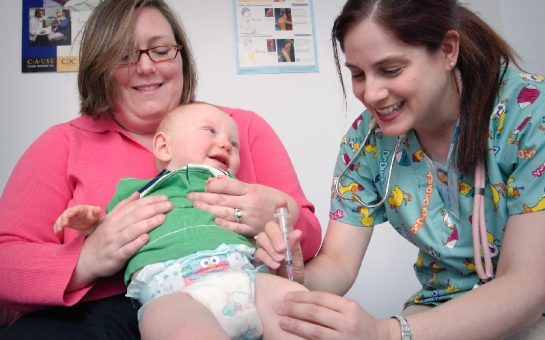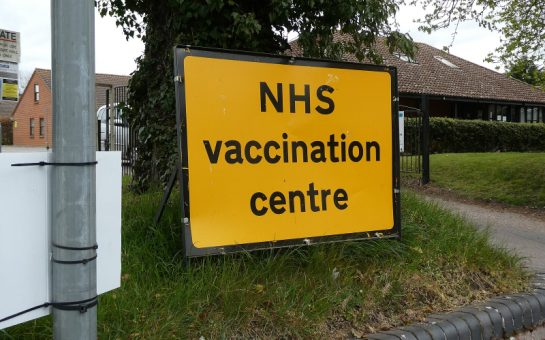The number of children receiving their first measles, mumps and rubella (MMR) vaccine on time has been boosted thanks to a new software tool for GPs in North East London.
The APL-Imms tool (Active Patient Link tool for Immunisation) was developed by the Clinical Effectiveness Group at Queen Mary University of London to simplify the complex childhood immunisation schedule for GP practices.
It has helped to vaccinate an additional 1,100 children each year since it was launched in North East London in 2022, an evaluation has revealed.
Prior to APL-Imms, GP practices had to run a long series of searches to identify children who were missing individual vaccines, or they would receive a list of unvaccinated children from the NHS.
This new software tool streamlines the process by running a single search on GP records and listing the children who are approaching a vaccine due date, helping GPs to call them for an appointment at the right time.
It can also highlight children who are overdue for a specific vaccine, and help to create more tailored approaches to childhood vaccination for individual families.
Carol Dezateux, professor of Clinical Epidemiology and Health Data Science at Queen Mary University of London, said: “The tool pulls in other relevant information from the patient record, such as whether they have previously declined a dose and why, so that practices can personalise their approach to parents.
“It also allows practice teams to undertake a virtual review of all the relevant immunisation records in each child’s medical record which helps in understanding what additional support a family might need to get their child immunised on time.”
The free software was developed as part of a wider effort to improve MMR uptake in North East London, which has seen declining rates in uptake since the COVID-19 pandemic as well as a rise in ‘hotspots’ where fewer than 60% of children receive their first MMR vaccine on time.
Figures show that only 73.1% of children in London receive both doses of the MMR jab by age 5, which is far below the national target of 95% coverage needed to prevent measles outbreaks.
Last year saw a surge in measles cases across England, with London making up 46% of confirmed cases.
According to the UK Health Security Agency (UKHSA), there were 2,836 confirmed measles cases reported in England last year (January 1st to December 16th), a large increase from the 368 cases reported in 2023, and the 53 cases in 2022.
Following the measles outbreaks last year, the UKHSA led campaigns aiming to improve MMR uptake across England.
As well as national approaches like these, locally focused strategies like the APL-Imms tool play an important role in improving MMR uptake.
Dr Ben Kasstan-Dabush, Assistant Professor of Global Health and Development at the London School of Hygiene & Tropical Medicine said: “We know [vaccine] coverage varies by area, so it’s important to make sure a universal population wide program, like the routine childhood vaccinations offered, is tailored to local levels in ways that are appropriate to that population, and that might look different from place to place.”
Dr Kasstan-Dabush also said that it’s important to understand who the under-vaccinated cohort is in an area and how to invite them for vaccination effectively.
“If we want to raise immunisation coverage in the areas where it’s lowest, it’s got to be a very focused strategy to do that,”
“You need that kind of national approach, but it’s really got to be complemented by that local level work which can be most effective when developed through community relationships and partnerships.” he added.
For more information on childhood vaccinations, visit https://www.nhs.uk/vaccinations/.





Join the discussion